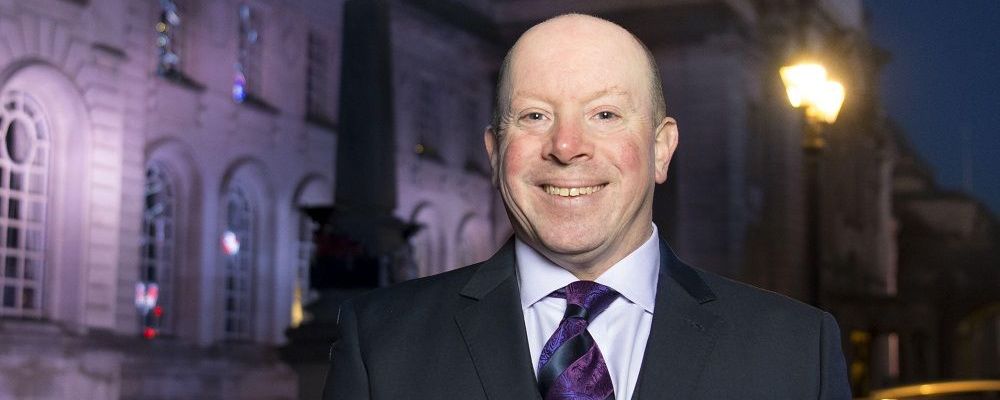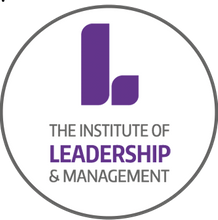Up to September 2005, I was indestructible. As a young, dynamic professional development exec, I was HR workstream manager on a major, national policy and training project. I lived in Cardiff, my office was in Southampton and I was at my desk at 7:30 every morning. My social life was huge, and I went skiing twice a year.
That month, though, I was hit by a wave of disorientation while driving. I pulled over to get some air, but collapsed and couldn’t stand. My doctor diagnosed an inner-ear infection – but later on, neurology specialists told me I had a condition called chronic peripheral vestibular dysfunction.
My balance was permanently damaged and I’d lost all my cognitive abilities – possibly as a result of bacterial infection. I was housebound for three-and-a-half years, and spent a total of five years relearning how to stand, walk and talk. It was gruelling.
Eventually, I felt strong enough to try and get back into the workforce. In the role I’d had before my collapse, I’d been a diversity champion – indeed, I’d actively recruited disabled people, for the simple reason that I hired talent. So, I deliberately looked for roles with that kind of purpose. But that’s when I experienced the diversity equation from the other side of the fence – because the employers I approached were simply not positive about potential.
Two applications in particular stand out. In one case, I applied to work as a liaison between a university careers department and graduate employment schemes. In another, I went for a council job to help people back into work after long absences – a subject close to my heart. In both cases, the initial signs were promising. But two minutes after I sent the university extra details about my daily restrictions, I received a rejection letter. And while the council was on the Two Ticks scheme that guaranteed interviews to disabled applicants who met minimum requirements, it moved the goalposts and shut me out.
Those experiences inspired me to start my own diversity and inclusion consultancy, specialising in helping employers become more confident around disability. So, what do we mean by that? Well, in terms of our broader ethos, the work we do is based largely around our KEEP model, which is designed to give organisations Knowledge, Empathy and Engagement, in order to realise people’s Potential and boost organisational Performance.
We think the UK should lead the world on this ethos. And the way we must do that as a country is by reframing the entire disability conversation around themes of potential, as opposed to detriment – the most visible example of the latter being worries over the costs associated with hiring disabled workers.
That’s why I’m such a big supporter of the annual #PurpleLightUp campaign: every December – in conjunction with the UN International Day of People with Disabilities – we get to celebrate the contribution that disabled people make to the workplace. It shifts us away from notions of disabled people as organisational burdens, and instead recognises the significant benefits they provide in terms of insight, creativity and enthusiasm. We also support the DWP’s Disability Confident campaign.
When it comes to disability, we need employers to demonstrate that they have in place those necessary levels of knowledge, empathy and engagement. You want disabled workers to have the sort of confidence in their organisation that – for example – if an employee requires an adjustment to their physical working environment, they can count on that adjustment being made.
For a disabled applicant, their view should ideally be: “When I approach this organisation, I have confidence they’ll have the required knowledge to support me – or to be able to articulate the information I must provide them so they’ll have a better understanding of my needs, and/or potential.”
At heart, those employers are more accessible, flexible and open minded than their less-confident peers. They send up a Bat-signal of their intent to the talent pool, saying: “Here’s an organisation that subscribes to a positive set of values and understands how to create equity in their workforce.”
Going forward, a focus on potential will be an increasingly important asset for organisations to have. The shift to hybrid working means that employers will need to have positive and constructive conversations with disabled staff about where they’ll feel most comfortable to work – and be prepared to provide any material support to help those employees perform effectively within their chosen arrangements.
A further, related reason is the widespread increase in health concerns. Stats from June indicated that over two million UK adults had been struggling with long Covid for more than 12 weeks. Many more people could end up with the condition. In terms of both physical and mental health, there will be a heavy fallout. So, organisations will need to have appropriate skills and competencies in place to help affected staff.




